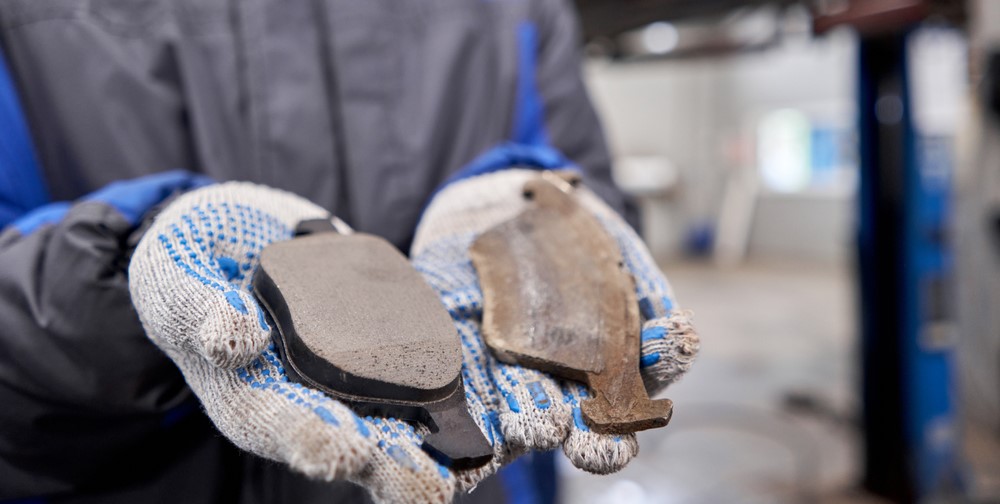When it comes to driving, there's no substitute for safety. Your vehicle's braking system is a cornerstone of that safety, making it vitally important to keep it in top condition. It’s crucial to understand the signs that indicate your brakes may need servicing. We'll also provide a guideline on how often you should be checking those all-important stoppers.
Listen for the Squeal, Grinding is a Big Deal
One of the first signs that your brakes need attention is noise. If a high-pitched squeal greets you every time you hit the brakes, it's likely that your brake pads are crying out for replacement. Even more alarming is a grinding noise - this could mean your brake pads are completely worn out, and immediate attention is required to prevent damage to other brake components.
Warning Lights: The Dashboard's Cry for Help
Modern vehicles are equipped with warning systems designed to alert you when something's amiss. If your brake warning light illuminates, don't ignore it. This bright little beacon is your car's way of telling you it's time for a brake check.
Performance Changes: A Stop Sign for Your Brakes
If your car seems to take longer than usual to stop, or if the brake pedal feels spongy or unusually hard to press down, these changes in performance can signal a problem with your brakes. These signs should never be brushed off as just another quirk of your car. When in doubt, get it checked out.
Shaky Stops: The Telltale Sign of Rotor Trouble
Feel a vibration or pulsation when you apply the brakes? This could be more than just a bumpy road. These sensations might indicate a problem with your brake rotors, the part of your braking system that your brake pads clamp down on to stop the car.
Pulling: When Your Car Chooses its Own Path
A car that pulls to one side when you brake could be revealing uneven brake wear or an issue with your brake fluid. This is a clear sign that it's time to have your brakes inspected.
The Checkup Schedule: Prevention is Better than Cure
As for how often you should have your brakes checked, this can depend on a variety of factors. These include your driving habits, the type of vehicle you drive, and the brakes it uses. However, as a safety net, aim for a brake inspection at least once a year.
Those who clock up a lot of miles, drive frequently in heavy traffic, or navigate hilly terrain may need to check their brakes more frequently. Conveniently, when you take your car in for a routine oil change or tire rotation, it's the perfect time to have your brakes inspected.
Safety Always Comes First
Remember, when it comes to brake safety, it's always better to err on the side of caution. Regular inspections and addressing any warning signs as soon as they appear can help keep you, your passengers, and other road users safe. So, don't brake your heart (or your car) - stay on top of your brake health!
Author's note: This blog post is designed to provide general information and should not be used as a replacement for professional advice. Always consult with Kunes Buick GMC of Stoughton's Service Center technician, or a professional in the field for all vehicle maintenance and safety information.


